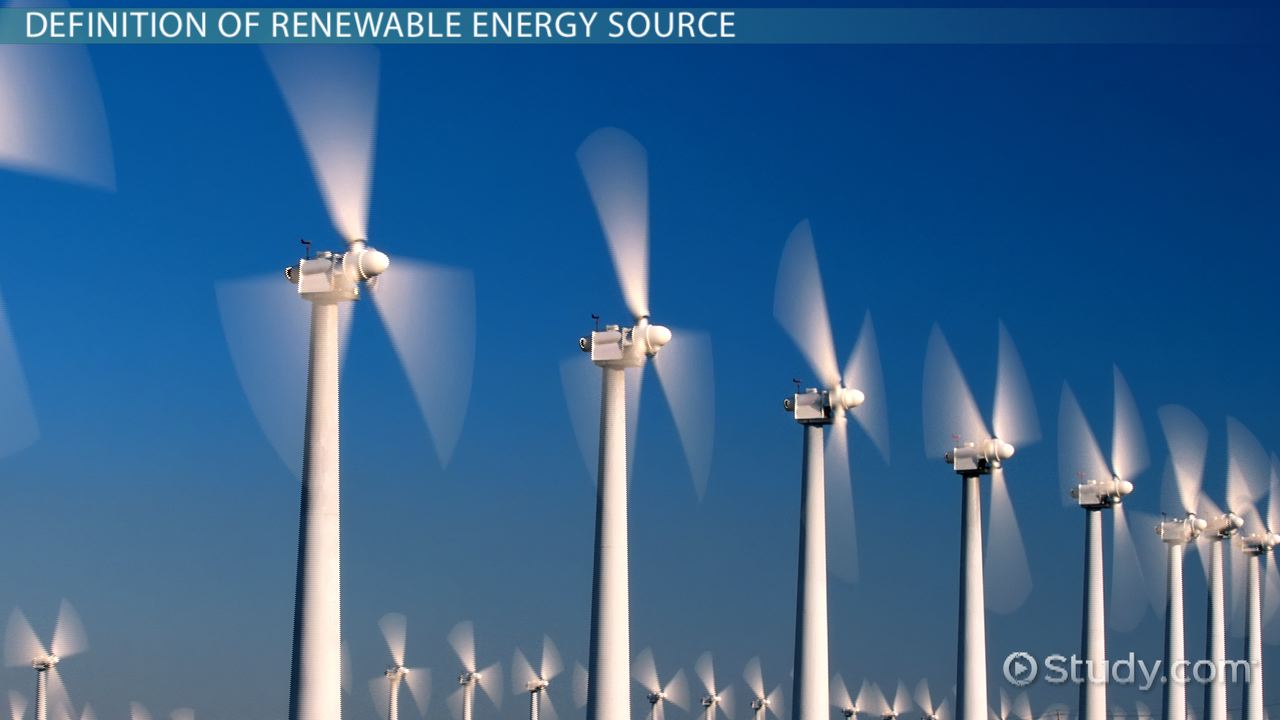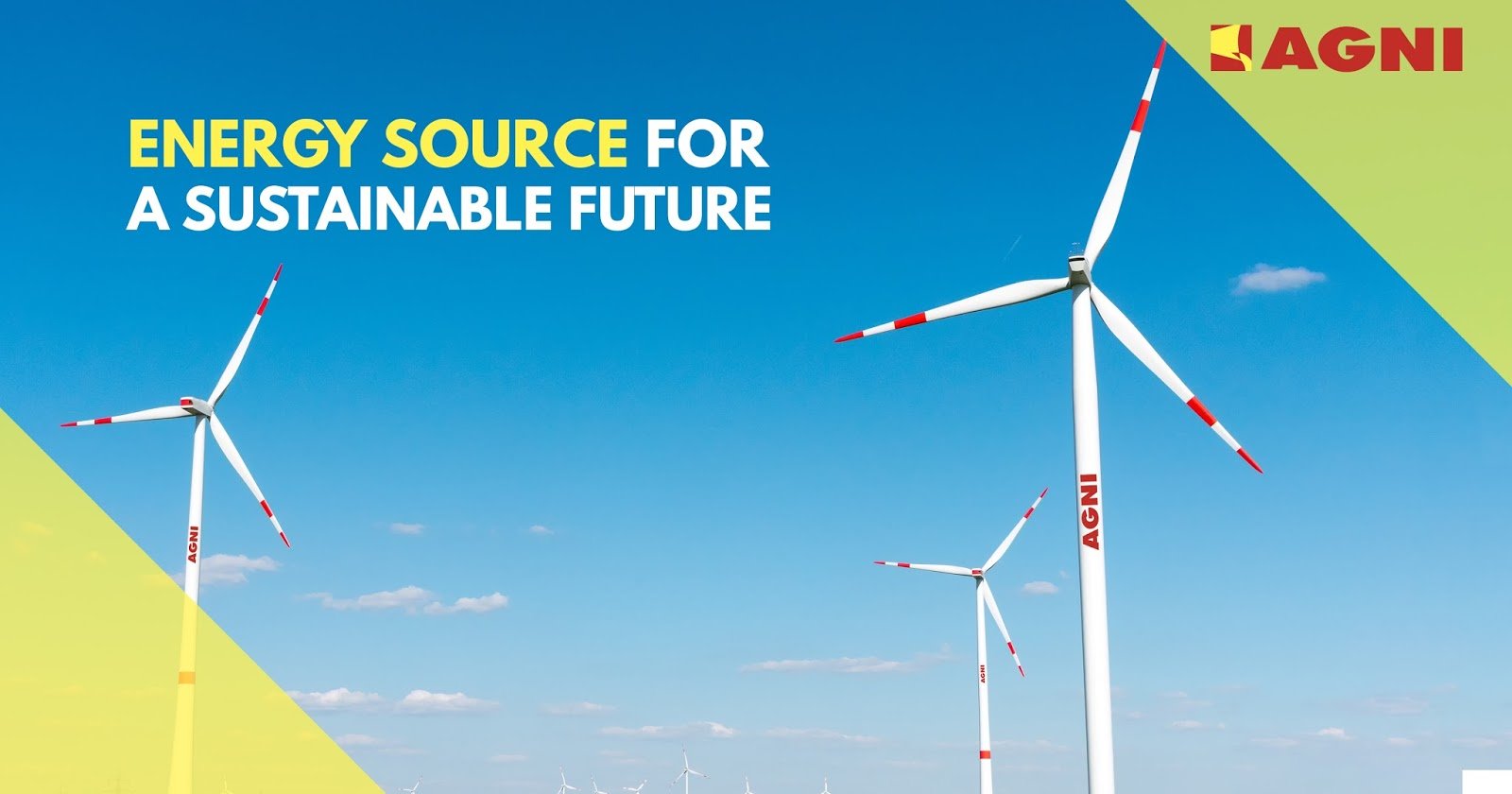Human Waste As an Alternative Energy Source
With all of the news buzz these days around renewable energies which includes solar and wind electricity, even harnessing the energy of ocean waves, one often disregarded strength source is right under our noses, so to speak: human waste. It won’t be as attractive or first-class because the options, however energy era from human waste can be the most vital of all. World population increases each day along with the call for energy and resources, and sources end up scarcer and extra coveted. The best potential aid to be able to boom proportionate to population is our very own waste. Feces and urine are considerable and effectively available anyplace there are humans. Currently, widespread quantities of energy crafted from fossil gasoline combustion and (frequently potable) water are used to system stated waste products. New initiatives in composting toilets, biogas harvesting, biofuels advent or even microbial fuel cells could permit us to reverse the cycle and take benefit of this untapped useful resource.

Though skeptics trust that composting bathrooms will in no way achieve success in the Western global, new technologies in addition to old are being used to remedy issues: how to treat our waste, and how to produce enough meals without poisoning ourselves and our environment with highly-priced chemical fertilizers. The subsequent technology of composting lavatories, such as that made with the aid of Clivus Multrum, are fixing those troubles and making the system extra attractive to clients. The low-waft composting lavatories that they produce incorporate a basement stage compost bin and service is blanketed with the product. A an awful lot extra low-tech model of the composting bathroom is being used by the NGO Estamos in Africa. Although the business enterprise’s pursuits are to improve sanitation and reduce infection, their packages also are helping small-scale farmers make a living. The organisation provides composting lavatories at no price, and has significantly advanced the first-rate of life for many bad households. The enterprise’s director, Feliciano dos Santos, just won the 2008 Goldman Environmental Prize in Ecological Sanitation for this paintings.
Many nations have nicely-established methane-capture packages that use animal waste, including pig farms in Australia and farm animals ranches in the United States. But what of the gasoline introduction potential of human waste? Developing nations are pioneering this technology as a way to save money and create renewable strength. With the help of the Heifer International Foundation, rural farmers in Uganda’s Mukono district are mixing human feces and urine with different organic waste inclusive of water hyacinth and banana peels to create biogas, and the usage of the byproduct to fertilize their fields. The biogas produced carries 60-90% methane, and is getting used for lighting fixtures, cooking and some engines, and lots of residents are enhancing their exceptional of life and rising above the poverty stage. Likewise, Cyangugu prison in Rwanda is developing biogas from the excrement of its prisoners. The Kigali Institute of Science and Technology built the digester for the prison, which is the use of the resulting product to cook 50% of the prisoner’s meals, and saving $22,000 yearly — a wonderful deal of cash in Rwanda. But developing nations aren’t the only ones taking benefit of human-generated biogas. The Lions Gate Wastewater Treatment Plant in Vancouver, British Columbia, as soon as the difficulty of a lawsuit concerning a contravention of federal pollution laws, has piloted a $1.1 million undertaking to reap methane from the metropolis’s sewage and feed it at once into the herbal gasoline distribution system. The task, that is predicted to be operational in 2009, tasks a reduction of greenhouse fuel emissions by 500 tonnes yearly, and sufficient energy manufacturing to power one hundred homes. A similar task is underway in San Antonio, Texas.

Current debates surrounding plant-based biofuels cognizance on opposition among food vegetation and biofuels vegetation, and many specialists fear that high call for biofuels will exacerbate contemporary food shortage issues. Several tasks have tackled this issue with the aid of growing biofuels from algae grown on human waste. One of those is Aquaflow Bionomic Corporation, which harvests the algae used in the sewage remedy ponds in Malborough, New Zealand. The “inexperienced crude” they invent from the algae can be used for all crude-oil programs which include fuel, diesel, and plastics. In an extra direct method, a Canadian enterprise known as Dynamotive Energy Systems Corporation is feeding human waste immediately into a biofuels technology system the usage of a “fast pyrolysis process”“. The device achieves eighty% performance by using getting better waste gasses and warmth from the procedure, and the quitting product, BioOil®, may be used alternatively for a variety of petroleum products. One of the most high-tech, modern technologies for strength advent from human waste is the improvement of microbial gasoline cells. Developed by using Dr. Bruce Logan of Penn State’s engineering department, the machine has been counseled as a way to take waste treatment vegetation off the grid. The gas cell, nevertheless being delicate to provide an acceptable strength output, uses wastewater to generate hydrogen gasoline, and clean water is produced as a spinoff. While the technology is not practical for other fuel-cell applications including hydrogen-powered vehicles, it can be used everywhere there’s a big supply of organic waste.

Many humans cringe at the thought of human waste based strength systems, and might instead no longer think about what takes place down the pipeline, but as humanity turns into increasingly demanding of strength we have to begin to embrace unconventional strategies of manufacturing it. With the growing fulfillment of the tasks noted exists the possibility of doing away with human waste pollution global. One day our sewage can be called “brown gold” and might be extra precious than even crude oil.